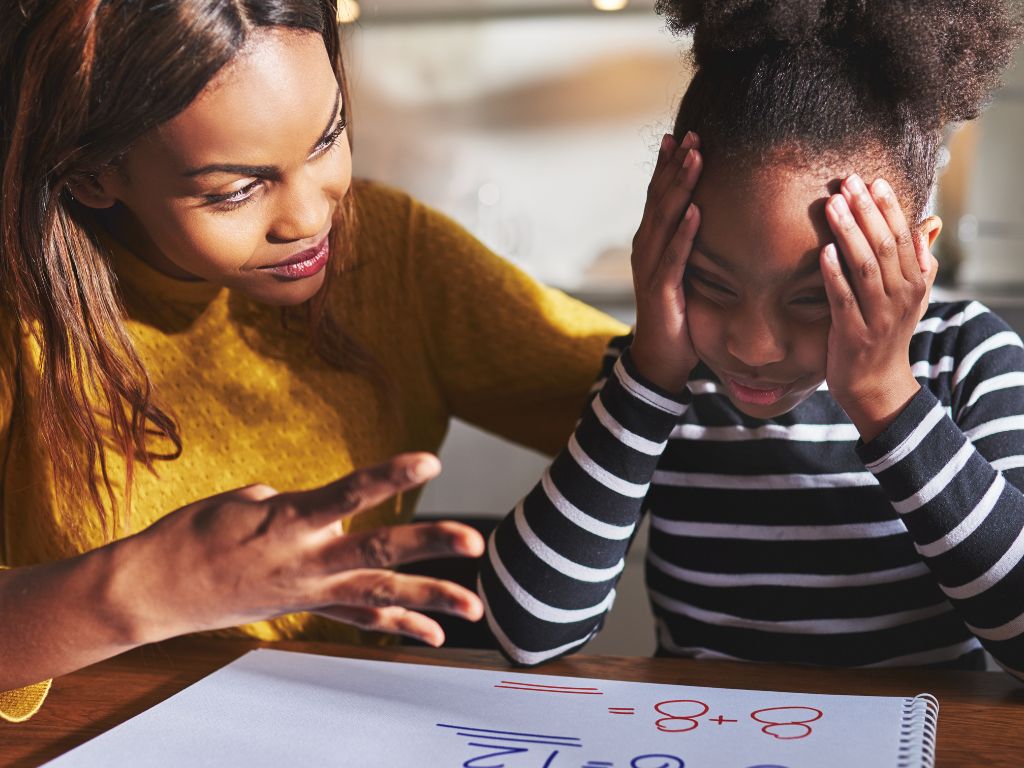
5 Easy Ways to Help Kids Handle Disappointment and Frustration
As parents, caregivers, and educators, one of the most important things we can do is help children navigate their emotions, especially when it comes to disappointment and frustration. These feelings are a natural part of life, and while we can’t protect children from experiencing them, we can guide them in developing the tools they need to manage these moments with confidence and resilience.
Emotional regulation is not something kids automatically know how to do—it’s a skill that’s learned over time with practice, patience, and support. The earlier children learn to handle setbacks in healthy ways, the better prepared they’ll be for challenges later in life. Here are five easy, actionable ways to help children manage disappointment and frustration while building emotional strength that will benefit them for years to come.
- Model Calm and Positive Reactions
Children are incredibly observant, and much of what they learn comes from watching the adults around them. If you tend to react to stress with anger, withdrawal, or panic, it’s likely that your child will pick up on those habits. On the flip side, when you respond to frustration with calmness and problem-solving, you’re sending a powerful message about how to handle adversity. CASEL’s framework for social-emotional learning emphasizes modeling as a key approach to fostering self-awareness and self-management in children (CASEL, 2023).
Instead of hiding your emotions or reacting impulsively, show children what it looks like to regulate emotions. Say things like, “I’m feeling really frustrated right now, so I’m taking a deep breath to calm down.” This gives children a clear, real-life example of how to navigate stress.
This doesn’t mean pretending everything is okay. It means showing your child that it’s normal to have tough emotions and modeling how to move through them constructively.
- Validate Their Feelings
One of the most effective ways to help children process disappointment is to let them know their emotions are valid. Dismissing their feelings with “It’s not a big deal” can unintentionally send the message that their emotions are wrong.
Instead, get down to their level and use empathetic language like, “I see that you’re really upset because your drawing didn’t come out the way you wanted.” Feeling heard helps children regulate and feel safe expressing emotions. Research from the Child Mind Institute shows that when children’s emotions are acknowledged and validated, they feel more secure and emotionally grounded.
- Teach Deep Breathing and Relaxation Techniques
Young children often feel emotions physically, tense shoulders, clenched fists, fast breathing. Teaching them calming strategies like deep breathing (“smell the flower, blow out the candle”) can help them reset. Calm-down corners at home or school with sensory tools like glitter jars or soft pillows can also give children a safe space to regroup. - Encourage Problem-Solving
Instead of fixing every problem for them, guide children toward their own solutions. Ask, “What could we do differently next time?” or “Is there another way to try that?”
When kids brainstorm their own answers, they gain a sense of agency and build resilience for the future.
- Focus on the Bigger Picture
When disappointment strikes, it can feel like the end of the world to a child. Help them zoom out by providing perspective: “I know you were excited about the park, but we’ll go tomorrow—and maybe bake cookies today instead.”
Encouraging reflection on what went well, even on tough days, helps build gratitude and emotional flexibility.
Helping children handle disappointment and frustration isn’t about shielding them from difficulty; it’s about walking alongside them as they learn to navigate life’s ups and downs. When we model calmness, validate feelings, teach coping strategies, promote problem-solving, and offer perspective, we’re building emotional intelligence and long-term resilience.
It’s in the everyday moments, like a broken toy or a missed turn, where the most powerful lessons are learned. With empathy and encouragement, we can help kids grow into emotionally strong, confident humans.
👉Explore the humanKIND Curriculum here.
Ready to bring meaningful SEL to your school, without adding more to your teachers’ plates?
👉 Book a free 30-minute consult with Cara Zelas here